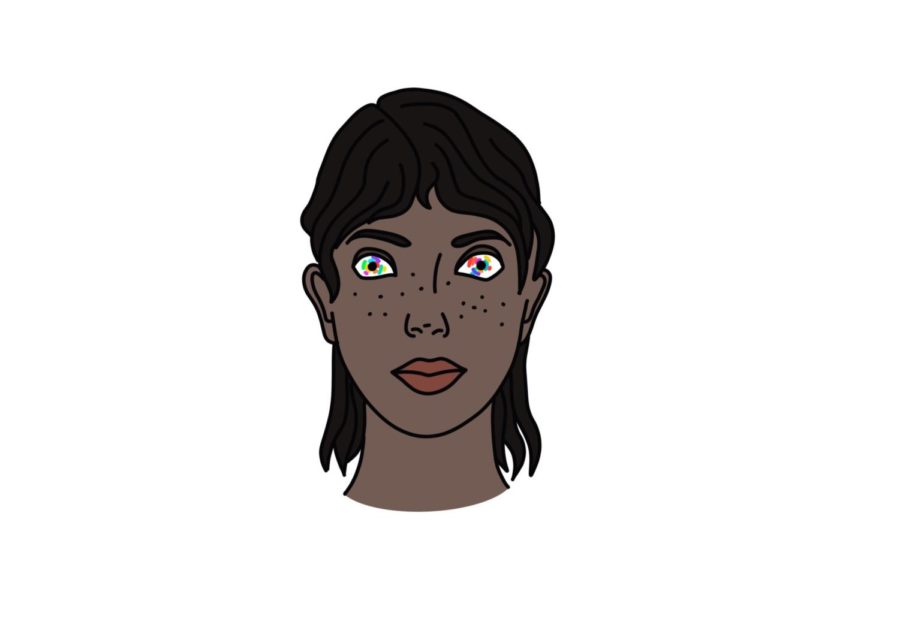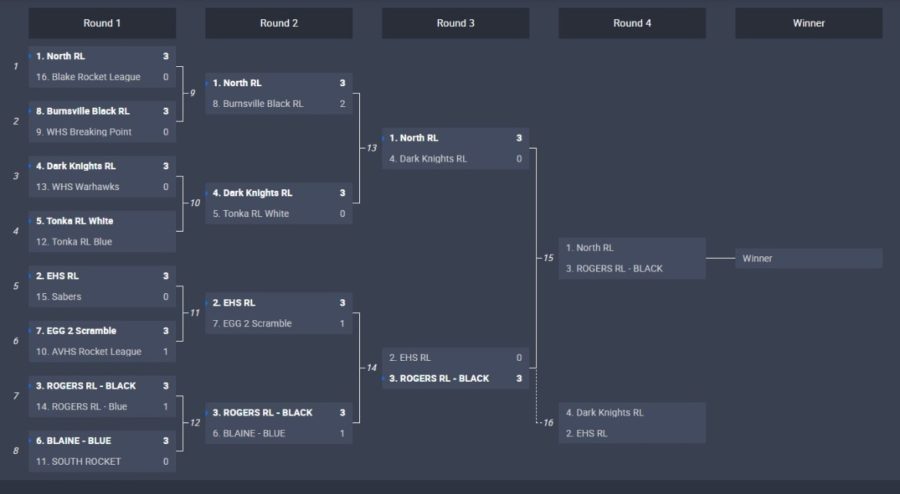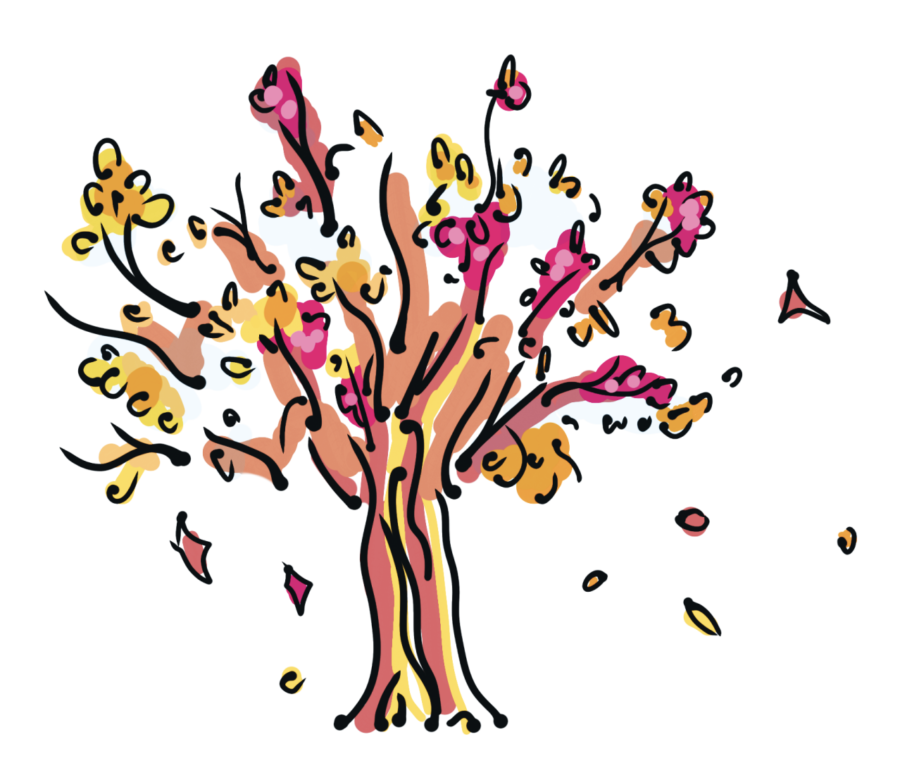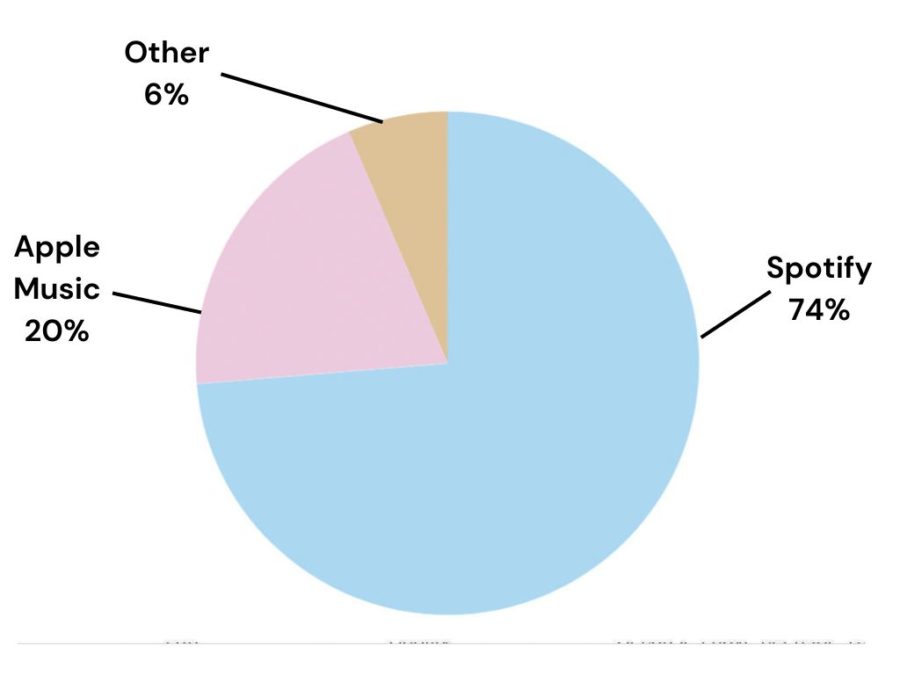Blake students and teachers often dismiss horoscopes as being archaic when asked to consider their zodiac signs and horoscopes in Clare Gibson’s “The Complete Book of Birthdays.” Maddie Raih ’26 (Capricorn) said “I think some of it is correct, but I’m not unapproachable, I think I’m very approachable.” Cory Tao (Libra) found very little to agree with in her horoscope, dismissing its description of her as “attention-seeking, naturally combative and a natural leader.” But, Tao agreed she had “concern for others” but in an “abstract rather than a personal form.” Despite these inaccuracies, horoscopes and zodiac signs are extremely popular in today’s pop culture–on TikTok, as conversation starters and as necklaces.
The zodiac signs we recognize in Western culture were named by the Greeks and Romans, who drew on even older wisdom from Mesopotamia. These ancient peoples noticed groups of stars or constellations reappearing in the skies in certain months. They paired 12 of the constellations with their gods and their personalities, gave them names like Capricorn, Taurus and Leo, and they arranged them into a wheel with the Sun at its center. Interestingly, other ancient cultures like China also settled on exactly 12 zodiac signs, but based them on animals like the tiger and monkey, and years instead of months. The Chinese arranged their zodiac signs in a tree, controlled by the moon, and believed people were powerfully tied to their animals. India also has a zodiac system, but held up both the sun and the moon as powerful forces. The dual sun-moon forces set up a potential battle within every person, underlying their belief that even with the universe’s strong forces, humans have choices in determining their personalities and futures.
Every single Blake student and teacher asked to read their zodiac sign and horoscope shrugged off this ancient thinking. Lucia Heathcote ’25 (Gemini), disagreed with much of her personality description, “I don’t think I’m very stubborn, but I think that I like to be alone sometimes. But I don’t cut myself off from society…I like to relax with friends and family members and ensure that everyone has a good time and I do tend to throw myself into the pursuit of my interests with boundless enthusiasm.” She noticed a few new things about herself that she hadn’t thought about before. While Dana Specht (Capricorn) was reading her horoscope, I realized that we had the same birthday and we began to analyze the horoscope together. Specht disagreed with her vice of being “unassertive,” and insisted she’s actually “very opinionated.” Specht allowed that she could be mistaken as unassertive because she doesn’t always express her opinions loudly. When Specht read her virtues as being “reliability, unconventional mindset and team-oriented,” she agreed these were accurate, saying “yes, these are me.”
While horoscopes are certainly not 100% correct, and modern science has made celestial bodies and animals less mysterious than they were in the ancient world, horoscopes continue to hold sway over us. In order to determine what is true and what is false in their horoscopes, each Blake interviewee had to look inside themselves. As a result, I found all the interviews interesting and I know each of them better now. Horoscopes are a fun way for us to examine and share ourselves with others, and sometimes we see something new. They allow for the mystical idea that our personalities can be fully known, even specially designed by hidden forces. Maybe in the end, horoscopes don’t need to be factually true to help us understand ourselves, each other and the world.






![Campbell is a student that writes by hand for all of his classes, and according to him, he “[finds] it easier to remember stuff if [he] writes it down.”](https://www.blakespectrum.org/wp-content/uploads/2022/12/IMG-0178-675x900.jpg)